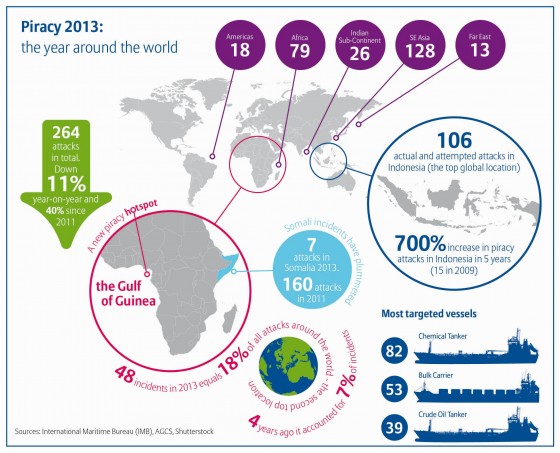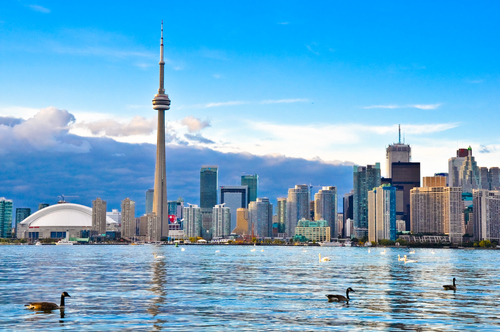 For any organization with involvement in Russian territory, recently imposed sanctions due to the unpopular Crimean conflict introduces new potential complications affecting operations, supply chain, personnel and communications. The federation is becoming more assertive, bold and confrontational in areas ranging from financial investment to geographic dominance. As a result, there is now a legitimate and immediate reason for evaluating the strength of foreign operational resiliency and sustainability in the context of Russian sanctions.
For any organization with involvement in Russian territory, recently imposed sanctions due to the unpopular Crimean conflict introduces new potential complications affecting operations, supply chain, personnel and communications. The federation is becoming more assertive, bold and confrontational in areas ranging from financial investment to geographic dominance. As a result, there is now a legitimate and immediate reason for evaluating the strength of foreign operational resiliency and sustainability in the context of Russian sanctions.
Fundamental Crisis
Recently, the U.S. passed a bill with overwhelming majority to solidify sanctions over Russia for its forced annexation of Crimea. According to the New York Times, the Obama administration listed 17 banks, energy companies, and investment accounts in its attempts to restrict Russian involvement with the United States. These particular sanctions will freeze any assets in the United States and bar U.S. citizens from doing business with the individuals and firms listed. Additionally, the United States will cut off the export or re-export of American-made products to 13 of the sanctioned companies and will deny export licenses for high-tech products potentially used by the Russian military.
Implications for Risk Managers
Among myriad potential disruptions, a dominant cause for concern during the Crimean conflict is now disruption of connectivity, both locally and at scale. Given the nature of the new “cloud economy” and virtual infrastructure most businesses rely upon, one potential impact of Russian sanctions could be to the fragile structure of the new interconnected world.
The shutdown of communications lines means inaccessibility with international operations and IT servers.
A loss of network could be significant and substantial. However detrimental this would be, loss of physical network (such as personnel) can be just as damaging, and planning for consequences of this nature often take far more ingenuity than utilizing a simple off-site data backup center.
The Human Network
People are often the most valued and unique asset an organization must protect. If particular sanctions impede the right of Western workers to hold employment in Russia, this could mean inevitable cuts to staff, layoffs and displacement as the company pursues relocation to an unsanctioned territory.
The case of an international workforce disruption raises other questions for companies to consider. For example, how do we replace people? Can we reassign processes? Is there a way to efficiently cross-train or retrain personnel who are still here?
Have we spoken with local managers, contractors, and operation people to find out what is a critical process or component, and what is not? These questions will give businesses a framework to move forward.
How are Experts Responding?
Methodically outlining potential risks prior to the events actually happening is key obviously, but oftentimes visualizing scenarios of this nature is tricky. It is impossible to predict exactly what will happen, but in a worse case scenario (specifically relating to Ukraine), any fallout between the West and Russia could result in trade sanctions affecting everything from banks, to human resources, to communication infrastructure.
Understanding this and moving forward with a contingent plan of action for Russian operations will create a less threatening situation and a more stabilized outcome for businesses who are affected.
Writing on the Wall
As organizations look for answers among the uncertainty that is currently playing out in Russia and Ukraine, one thing is absolute; businesses survive and succeed in fragile situations when a culture of resiliency is embraced. Contingency plans are useless if there isn’t the knowledge, experience and understanding of how to use them.
Sanctions are nothing new and neither is business disruption due to political conflict, though, if any highlight were to come from the current situation in Russia and Ukraine, it would be the need to proactively respond to imminent threats towards business continuity. In reality, for multinational companies heavily invested in the region at this point, there no longer is a choice.



